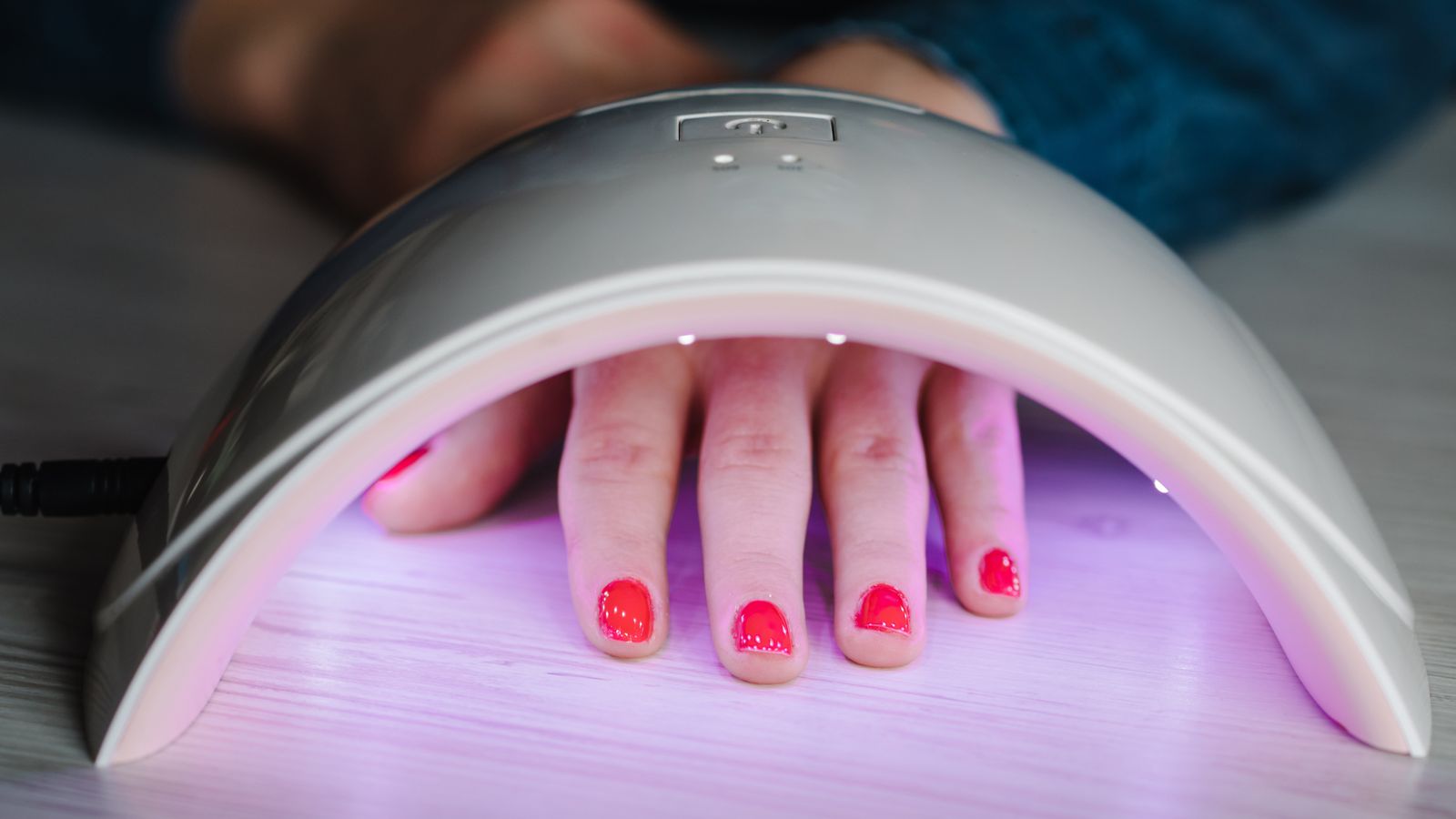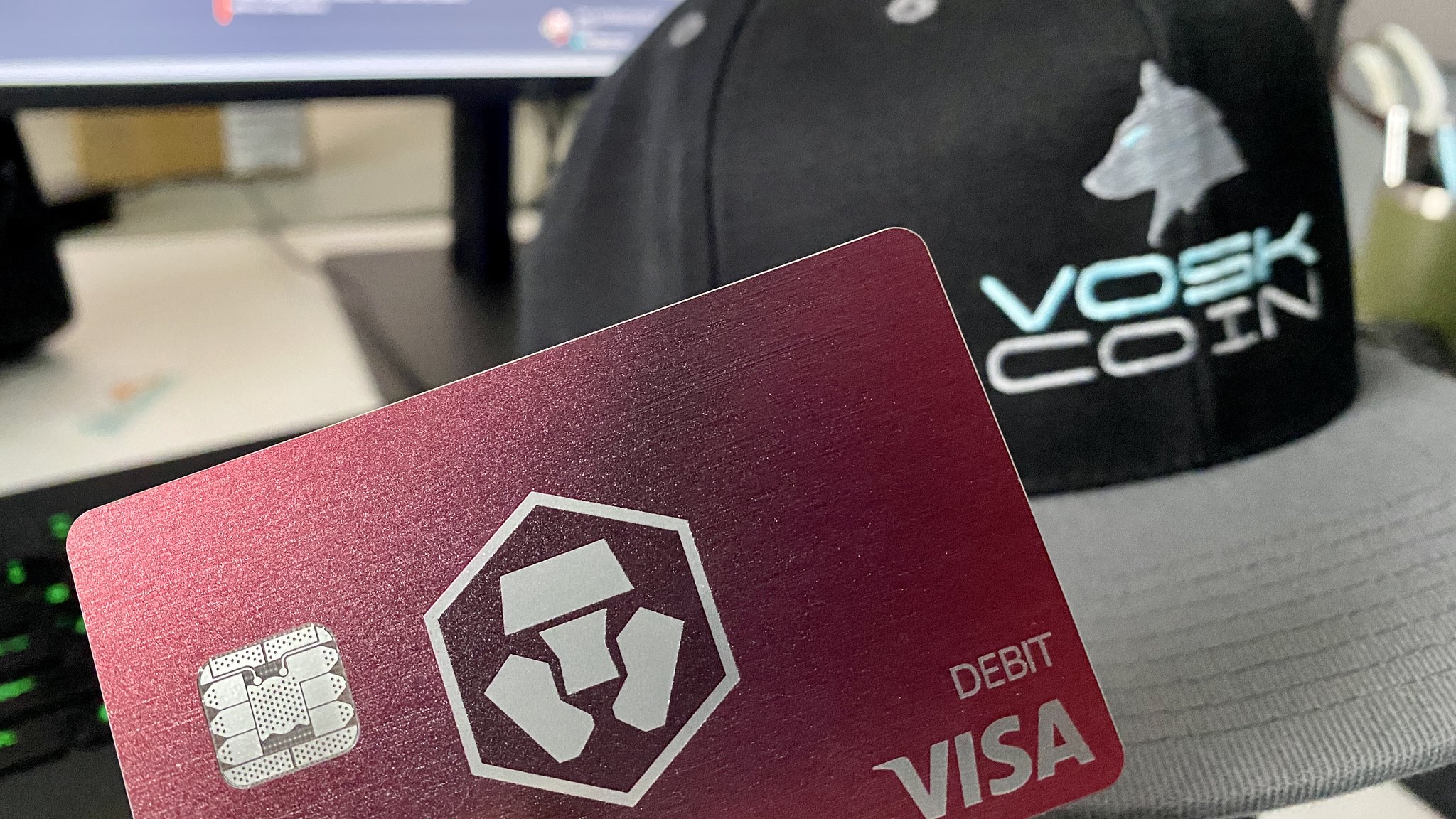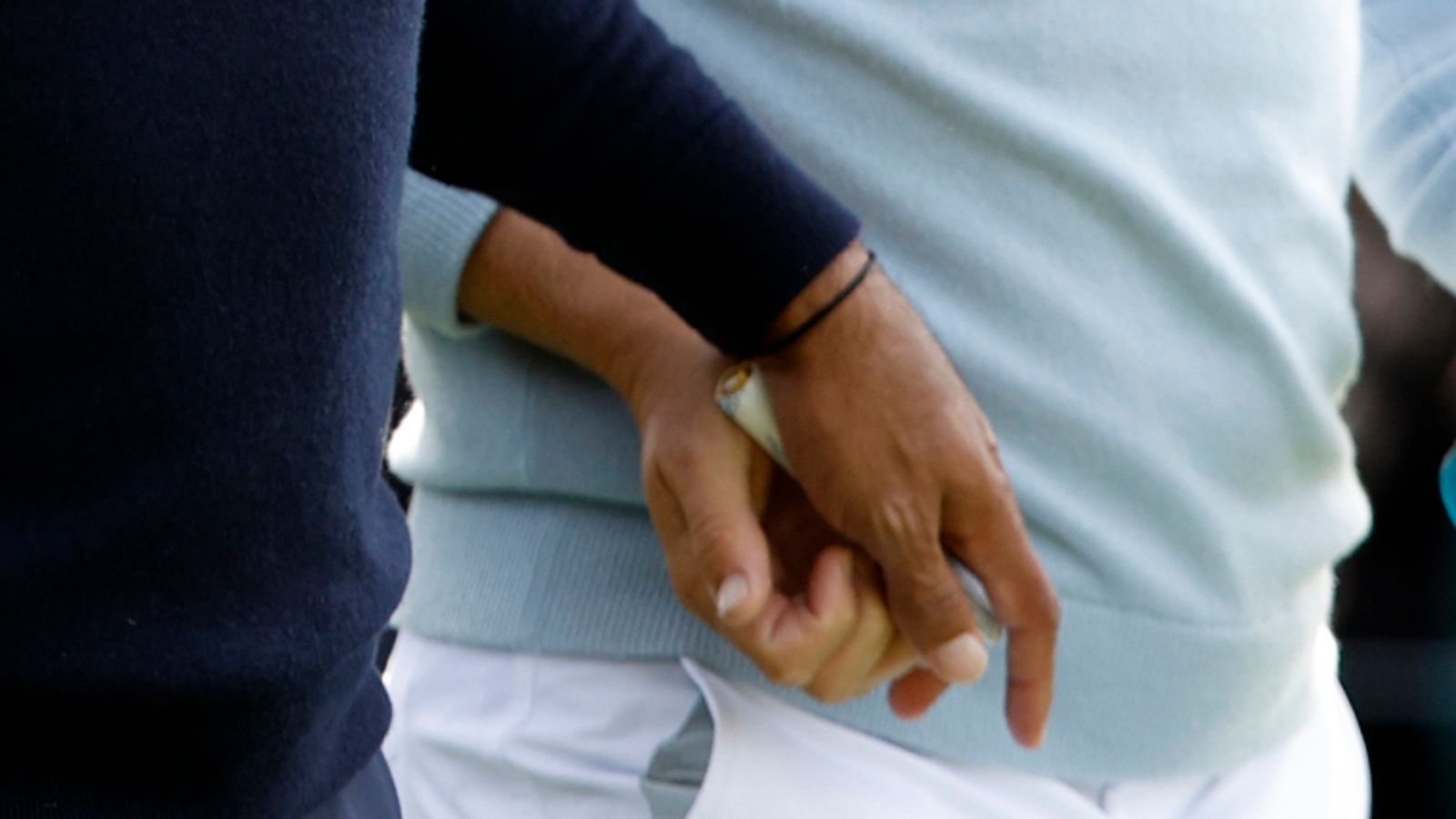If your idea of pampering involves a trip to the nail salon, a doctor has a warning for you – protect your hands or risk damaging your skin cells permanently.
Dr Najia Shaikh – a GP, skin doctor and the founder of One Skin Clinic – told Sky News “it’s better to be safe than sorry” when getting a manicure.
Her warning comes after a study found the UV nail polish dryers used in salons can damage DNA and lead to cancer-causing mutations in human cells.
The study looked at cells from humans and mice, and found cells died when exposed to levels of UV radiation commonly found in nail salon dryers.
‘It’s better to protect your hands’
Dr Shaikh said there’s still very little evidence about the exact harm caused by nail lamps.
But she added “any kind of UV radiation can actually affect the cells, mutate the cells, change the DNA”.
“It’s better to protect your hands,” she said.
She advised people to wear gloves with the fingertips cut off, or to apply a broad-spectrum cream with a sun protection factor (SPF) of 50 that protects against both UVA and UVB rays, if they do choose to expose their hands to the lamps.
These precautions are particularly important for people who get manicures regularly as the effect of UV is cumulative, getting worse with each exposure, she said.
The study doesn’t mean everyone should immediately cancel their nail appointments, though, according to Dr Shaikh.
She likened the risk level to the dangers of a sunny day.
“We can’t stop people from going out in the sun just because sun radiation is going to cause damage,” she said.
What is important is being aware of the potential risks and guarding against them, she added.
UV lamps cause cells to die
Scientists have long sounded alarm bells over the cancer risk related to salon sunbeds used for tanning but new research indicates the devices used to dry gel manicures could also be harmful.
Tanning beds use a spectrum of UV light that studies have conclusively proven to cause cancer – but the spectrum used in the nail dryers has not been well-studied.
Researchers at the University of California San Diego have now found the nail dryers cause cells to die and cause mutations that could lead to cancer.
The researchers noted that a long-term epidemiological study would need to be done before “stating conclusively” that using the machines leads to an increased risk of skin cancers.
But Ludmil Alexandrov, one of the authors of the study published in Nature Communications and a professor at UC San Diego, said the devices were currently being “marketed as safe”, even though little research has been done into the dryers.
Read more from Sky News:
How many spare beds does your hospital have?
Baby deaths mystery from 1930s solved
Strange new secret discovered about Earth’s inner core
What the researchers found
Use of the UV dryers for one 20-minute session resulted in 20-30% cell death, researchers found, while three consecutive 20-minute exposures caused 65-70% of the exposed cells to die.
The study looked at cells from both humans and mice. The cells were exposed to two different conditions: acute exposure, classed as two 20-minute sessions an hour apart, and chronic exposure, 20-minute sessions on three consecutive days.
Mr Alexandrov said they saw that DNA gets damaged and that some damage does not get repaired over time. This DNA damage leads to mutations after every exposure with a UV nail polish dryer.
Exposure may also cause “mitochondrial dysfunction” which could result in additional mutations, he said.
“We looked at patients with skin cancers, and we see the exact same patterns of mutations in these patients that were seen in the irradiated cells.”
The idea for the study came from an article Mr Alexandrov read about a young beauty pageant contestant who was diagnosed with a rare form of skin cancer on her finger.
“I thought that was odd, so we began looking into it, and noticed a number of reports in medical journals saying that people who get gel manicures very frequently – like pageant contestants and aestheticians – are reporting cases of very rare cancers in the fingers, suggesting that this may be something that causes this type of cancer,” he said.







